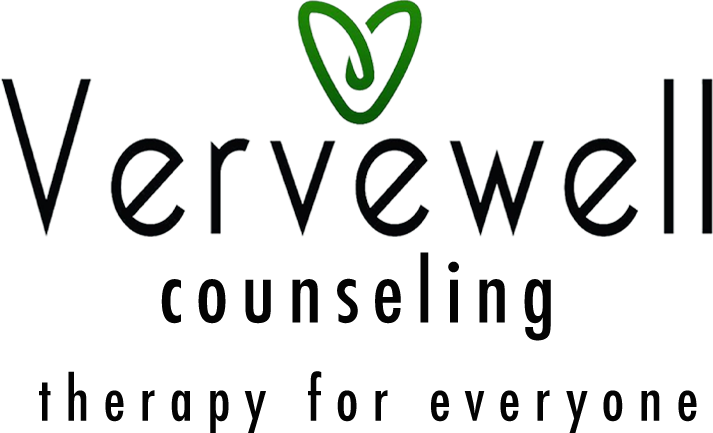Every relationship comes with a set of expectations, spoken or unspoken, that shape the way partners interact. Over time, if these expectations remain unclear or mismatched, they can lead to misunderstanding, frustration, and emotional distance. Couples therapy provides a structured environment where partners can openly discuss their assumptions, desires, and boundaries. In a supportive therapy session, what might have seemed like irreconcilable differences can often become opportunities for deeper understanding and mutual growth.
One of the core benefits of couples therapy is its ability to bring clarity to hidden expectations. Many people enter relationships with deeply engrained beliefs about roles, communication styles, and emotional needs, often based on past experiences or cultural norms. When those beliefs go unexamined, they can cause friction, especially when they clash with a partner’s perspective. In therapy, we help uncover these implicit expectations, giving each partner a voice and fostering empathy for one another’s unique backgrounds and values.
Beyond uncovering differences, therapy also helps couples actively negotiate and align their expectations. This might involve setting agreements around household responsibilities, intimacy, financial goals, or parenting styles. As a therapist helping to facilitate these conversations, clients are often more productive and less emotionally charged. Couples learn how to compromise, validate each other’s needs, and create shared goals that support a healthier dynamic.
Ultimately, couples therapy isn’t just for resolving conflicts, it’s a proactive tool for building stronger, more intentional relationships. By learning how to express expectations clearly and listen with curiosity, partners can prevent small issues from snowballing into major problems. Whether you’re navigating a new phase of your relationship or trying to repair long-standing issues, setting expectations with the support of a therapist can lay the groundwork for lasting trust and connection. When we create supportive communication and clear expectations, it helps open the door to the ultimate tool for protecting our relationship: creating boundaries.
Next month, I will share how couples therapy can help us strengthen our boundaries both inside and outside our relationship.
Heather Chandler, LPC, is a licensed professional therapist at Vervewell Counseling, based in Fort Worth, TX, with over 20 years of experience in mental health support and education. Located in the Near Southside district, she offers individual counseling for adults 18 and up, as well as couples and family therapy, both in-office and through virtual telehealth sessions. Heather emphasizes the importance of a solution-focused therapy approach, mindfulness, and intentional self-care. She is especially passionate about working with clients who are seeking to identify and reframe negative thoughts and behaviors by focusing on the present and developing skills for lasting change in their individual lives and close relationships.



